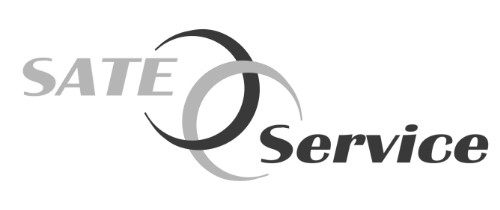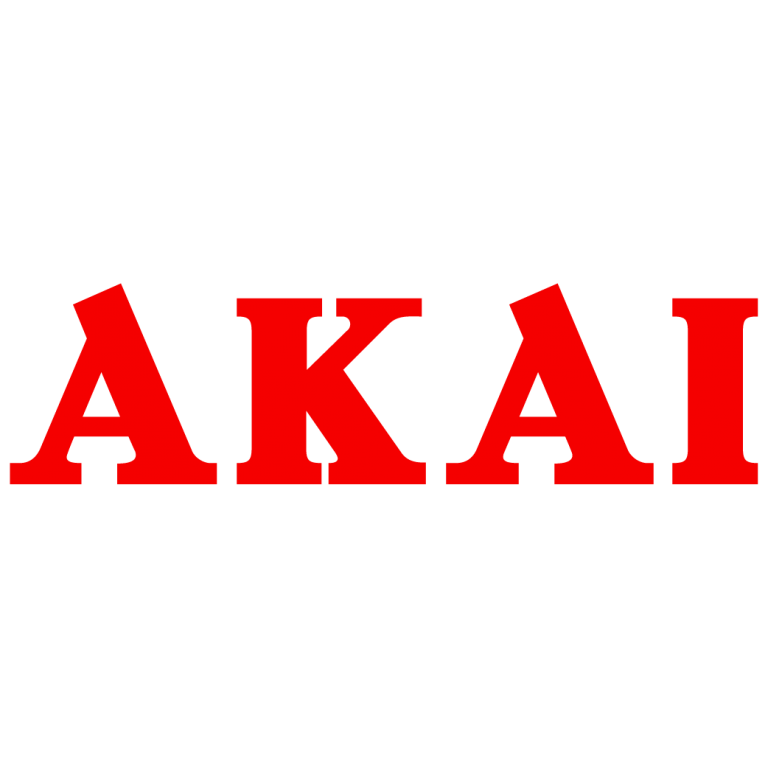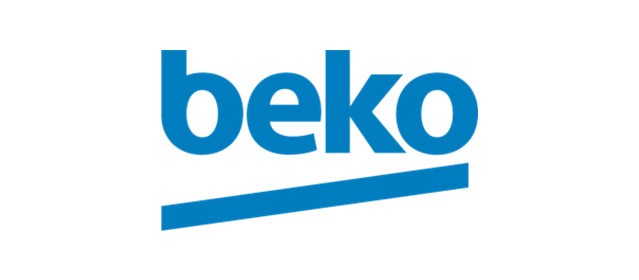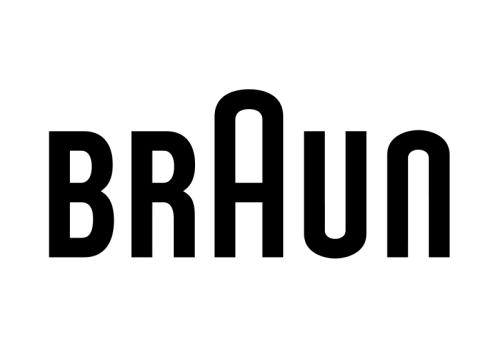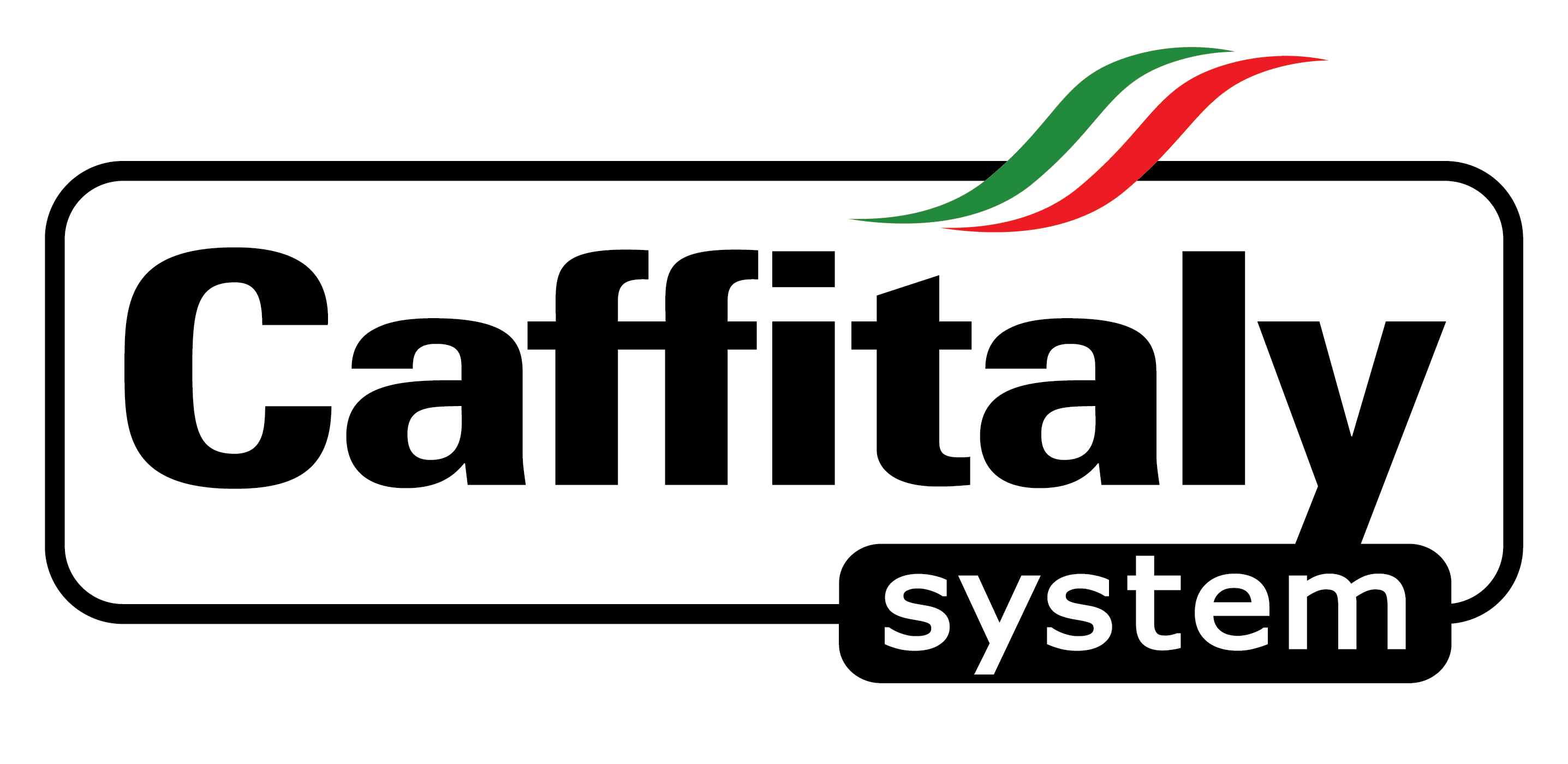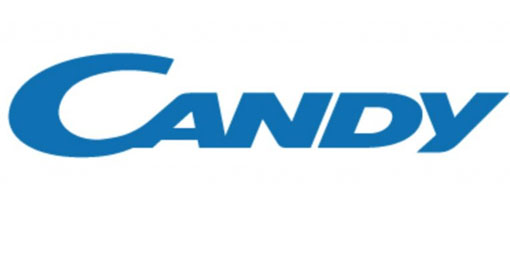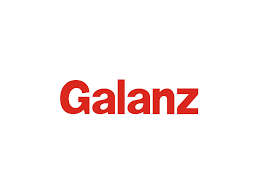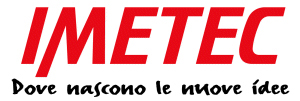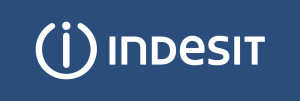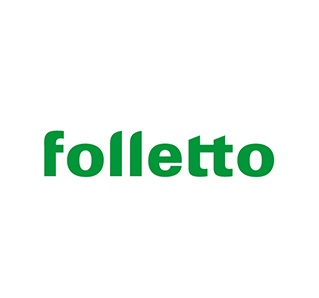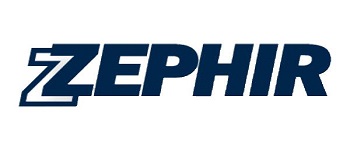The Future of Decentralized Finance: Financial Products and Services
Decentralized Finance (DeFi) has been gaining momentum in the financial industry, offering a new way of accessing financial products and services without the need for traditional intermediaries. DeFi refers to a set of financial products and services built on blockchain technology that aims to create an open and permissionless financial system. As the DeFi ecosystem continues to grow, it raises questions about the future of financial products and services and how they will be accessed, managed, and regulated.
One of the key features of DeFi is the ability to provide financial services to a global audience without the need for a central authority. This opens up new opportunities for individuals who are excluded from traditional financial systems due to barriers such as high fees, lack of access to banking services, or regulatory restrictions. With DeFi, users can access a wide range of financial products such as lending, borrowing, trading, and saving without needing to go through a bank or financial institution.
Lending and borrowing are two of the most popular DeFi services, allowing users to earn interest on their assets by lending them out or obtain loans by using their assets as collateral. These services are facilitated through smart contracts, which are self-executing contracts with the terms of the agreement directly written into code. Smart contracts enable transactions to be processed automatically without the need for a third party, reducing the risk of fraud or human error.
In addition to lending and borrowing, decentralized exchanges (DEXs) have emerged as a key component of the DeFi ecosystem. DEXs allow users to trade cryptocurrencies directly with one another without the need for a centralized exchange. This provides greater efficiency, transparency, and security for users compared to traditional exchanges. With the rise of DEXs, users have more control over their assets and can trade them in a peer-to-peer manner without relying on a middleman.
Another promising area of DeFi is decentralized stablecoins, which are cryptocurrencies pegged to a stable asset such as the US dollar. Stablecoins provide a way to access the benefits of cryptocurrencies while avoiding the volatility that is commonly associated with them. By using stablecoins, users can make payments, transfer funds, and store value without worrying about price fluctuations. This stability makes stablecoins attractive for a wide range of use cases, including remittances, cross-border payments, and online transactions.
As the DeFi ecosystem continues to grow, challenges around scalability, security, and regulation will need to be addressed to ensure its long-term sustainability. Scalability remains a significant issue as blockchain networks struggle to handle the increasing demand for DeFi services. High transaction fees and slow processing times have become common barriers for users, especially during times of high network congestion. Improving scalability through layer 2 solutions, interoperability, and sharding will be essential for DeFi to reach mainstream adoption.
Security is another critical concern in DeFi, as smart contracts are vulnerable to bugs, hacks, and exploits. High-profile incidents such as the DAO hack and the recent DeFi rug pulls have highlighted the risks associated with decentralized finance. Auditing smart contracts, implementing robust security protocols, and educating users about best practices are necessary steps to protect DeFi users and their assets.
Regulation is also a key issue facing DeFi, as governments and regulatory bodies grapple with how to oversee this emerging sector. The decentralized nature Stable Capital of DeFi makes it challenging to apply traditional regulatory frameworks, leading to uncertainty around issues such as investor protection, anti-money laundering (AML) compliance, and tax reporting. Finding the right balance between innovation and regulation will be crucial for DeFi to coexist with traditional financial systems and gain broader acceptance.
Despite these challenges, the future of decentralized finance looks promising, with the potential to revolutionize the way we access and interact with financial products and services. As more users embrace DeFi, we can expect to see a wider range of innovative solutions that offer greater financial inclusion, efficiency, and transparency. By leveraging blockchain technology and smart contracts, DeFi has the power to democratize finance and empower individuals to take control of their financial future. As we navigate the evolving landscape of decentralized finance, collaboration between industry stakeholders, regulators, and users will be essential to unlock the full potential of this transformative technology.
